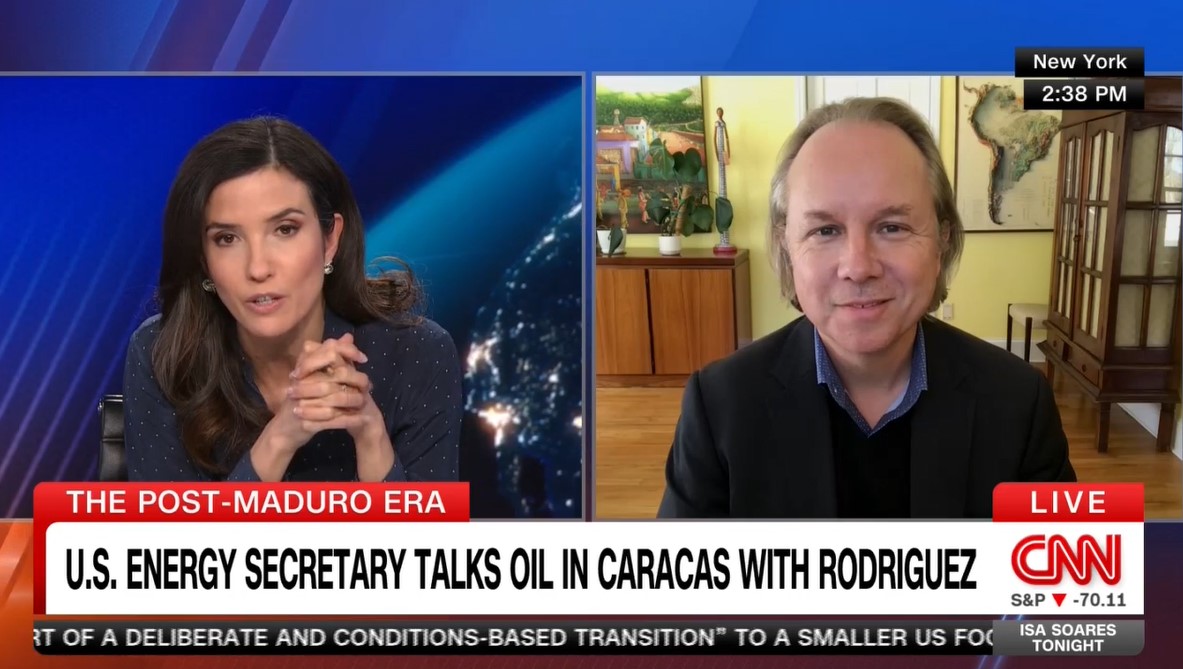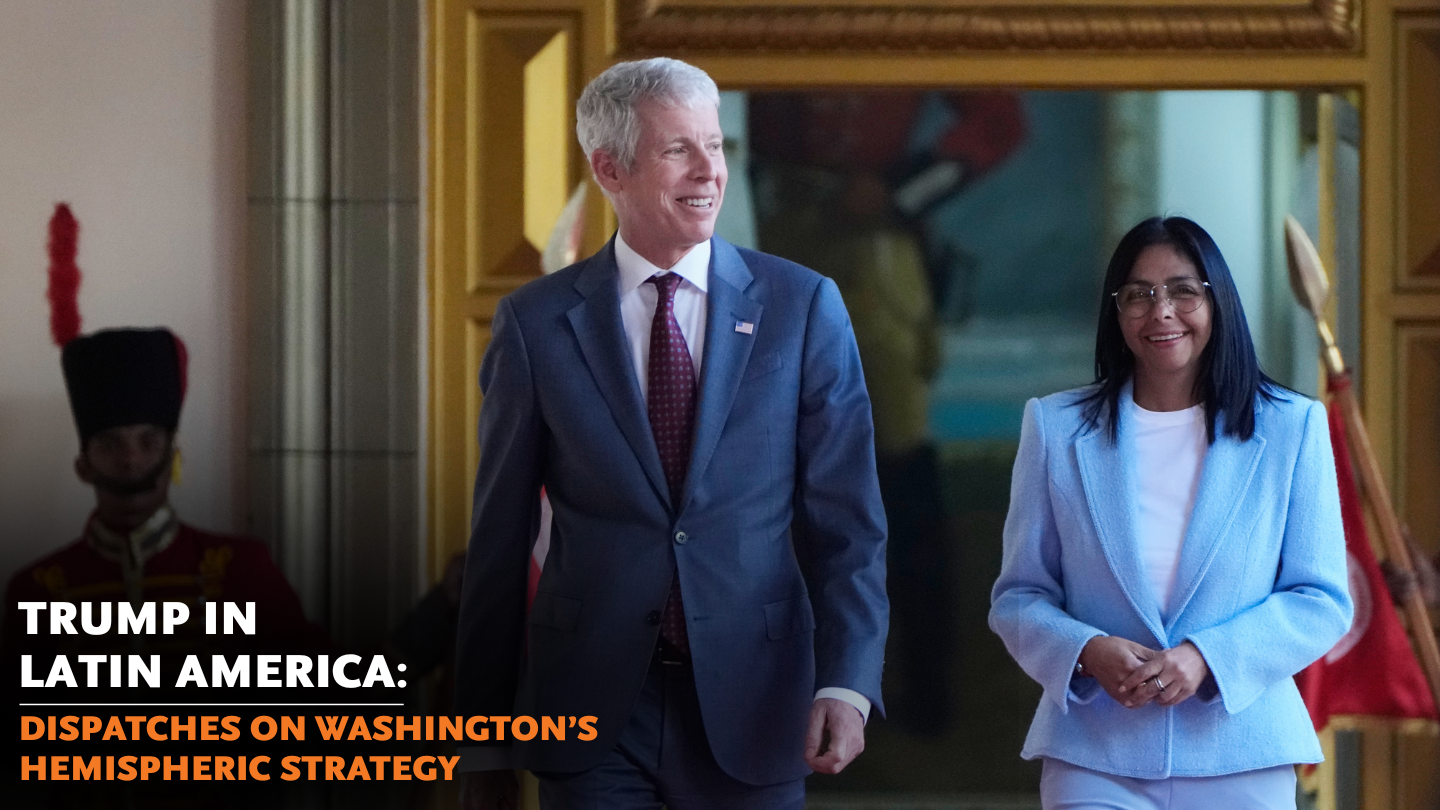New Family Unity Rule Shows Immigration Reform Remains a Top Obama Priority
New Family Unity Rule Shows Immigration Reform Remains a Top Obama Priority
AS/COA's Jason Marczak explains how the Obama administration's new executive order on immigration may help unite families but also promote compromise among Republicans and Democrats in the search for comprehensive immigration reform.
Washington is abuzz with discussions around fiscal cliff deadlines and gun law reform, but a new rule proves the Obama administration will not let immigration reform slide to the backburner. As he did throughout the 2012 campaign, the president has called reform “a top priority,” and, on January 2, the U.S. Department of Homeland Security (DHS) published a rule that will keep more families together while showing the executive branch will not stand idly by as immigration reform discussions advance slowly in Congress.
In what may be seen as a message to the new U.S. House of Representatives—sworn in the day after publication of the final DHS rule—the Obama administration proved that it will continue to push forward much-needed changes to the U.S. immigration system, even without congressional action. The administration took similar steps in June, passing the Deferred Action for Childhood Arrivals (DACA) executive order.
The new rule is welcome relief for as many as 1 million undocumented immigrants who previously faced the possibility of permanent separation from their U.S. spouse, child, or parent if they elected to seek permanent residency. Under both the new and the previous rule, undocumented immigrants must return to their home country to adjust their status and obtain a visa. But many feared leaving the country, since unauthorized presence can result in an individual being barred from re-entry for either three years (those who overstayed their visas for six months) or 10 years (those in the United States for more than a year without authorization).
With the new rule, set to take effect on March 4, immigrants can apply for and obtain a waiver for any unauthorized time in the U.S. before making the decision to leave the country—and their families. The result is that the time spent outside the United States can be reduced from months or years to potentially just one week. Applicants would qualify for the waiver if the time apart from their family would create “extreme hardship” as defined by DHS.
Beyond speeding up the visa wait time and diminishing fears of a prolonged absence, the new rule should encourage the many undocumented immigrants with deep U.S. family roots to get on the path to permanent residency. Although the Obama administration has recently shifted to focus deportations on those with criminal records, U.S. family members have historically borne an unnecessarily high burden when it comes to immigration enforcement. In the last two years, Immigration and Customs Enforcement has deported approximately 200,000 parents of U.S.-born children—a number that accounts for around 20 percent of all deportations.
Building—Not Stumbling—Blocks
As with DACA, the new family unity rule may also ratchet up the political machinery around immigration reform. DACA helped cement Latinos’ overwhelming support (71 percent) for the president in the general election, compelling Republicans to start changing their tune on the need for reforming the U.S. immigration system. One result is that President Barack Obama promised swift action early in his new term. While other pressing policy issues have grabbed the headlines, the DHS rule is a nod to the Latino and overall immigrant communities, showing the administration’s promise to push for reform is not an empty one. The timeline for introducing legislation is likely to just now be pushed from January or February to March or April.
The new rule also serves as a reminder to Congress that in the face of continued impasse, the White House will use executive authority to make whatever tweaks it can to improve the U.S. immigration system. Of course, comprehensive, long-term changes can only be made by Congress. But short-term, piecemeal modifications are increasingly a favored Obama tool to get around the divisions on Capitol Hill.
Legislators, and especially Republicans, who seek to regain support in the Latino community, should take note: if they do not act, Obama will. And that means greater solidification of Latinos as an increasingly reliable Democratic voting bloc. For Republicans to remain competitive nationally, the party cannot cast aside the nation’s fastest-growing demographic.
It may be a long shot, but hopefully the new DHS rule may serve not just to unite families but also forge some degree of unity—or better yet, compromise—among Republicans and Democrats in the search for comprehensive reform.
Jason Marczak is director of Policy at Americas Society/Council of the Americas and leads the AS/COA Hispanic Integration and Immigration Initiative. He is also senior editor of Americas Quarterly.








